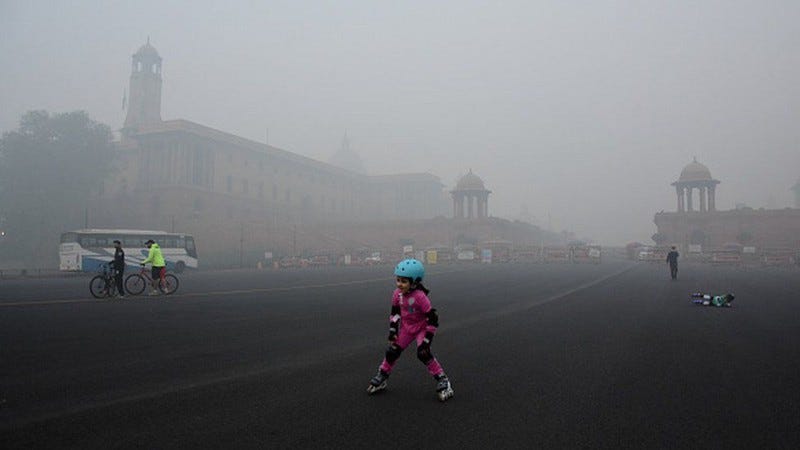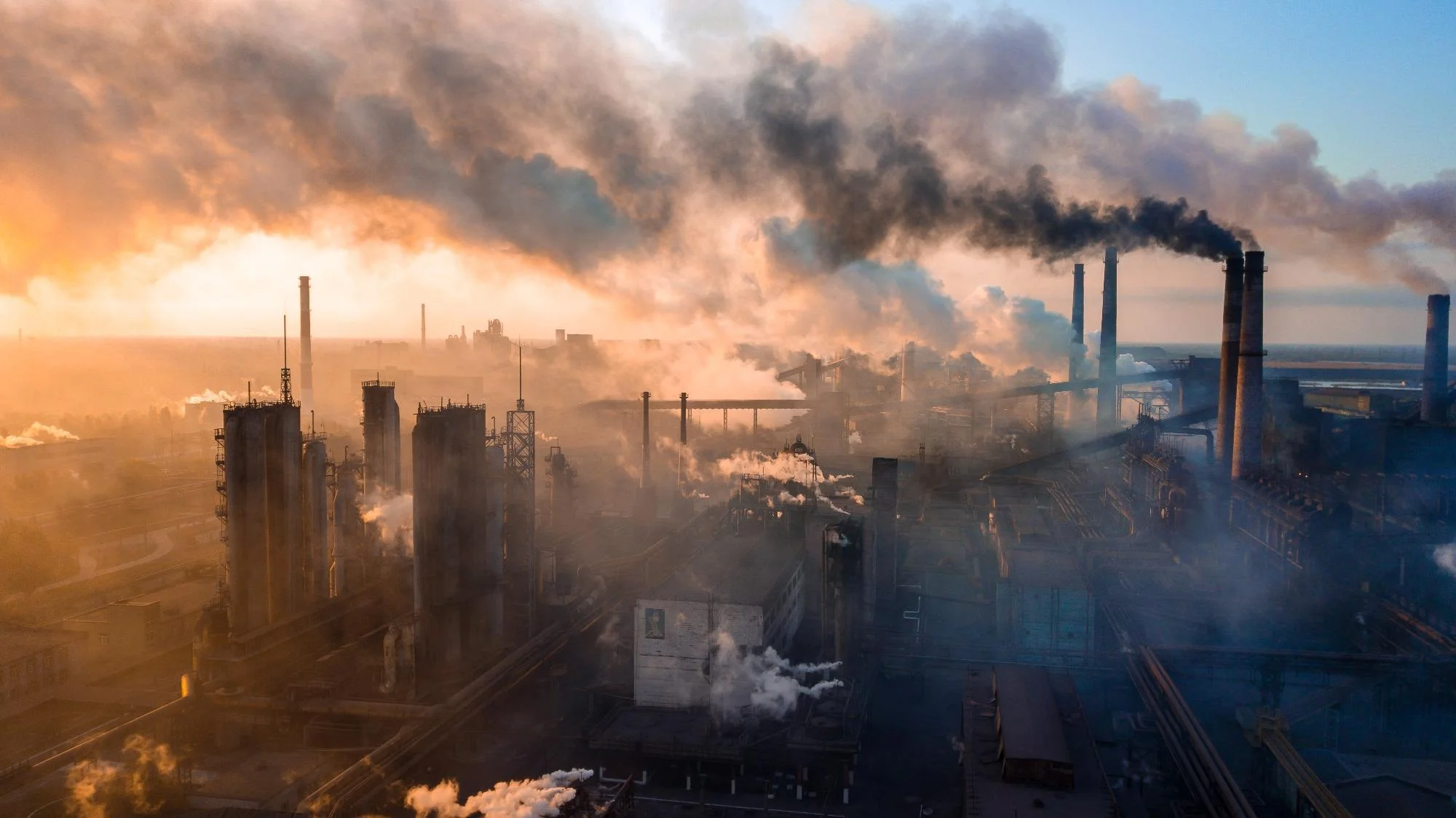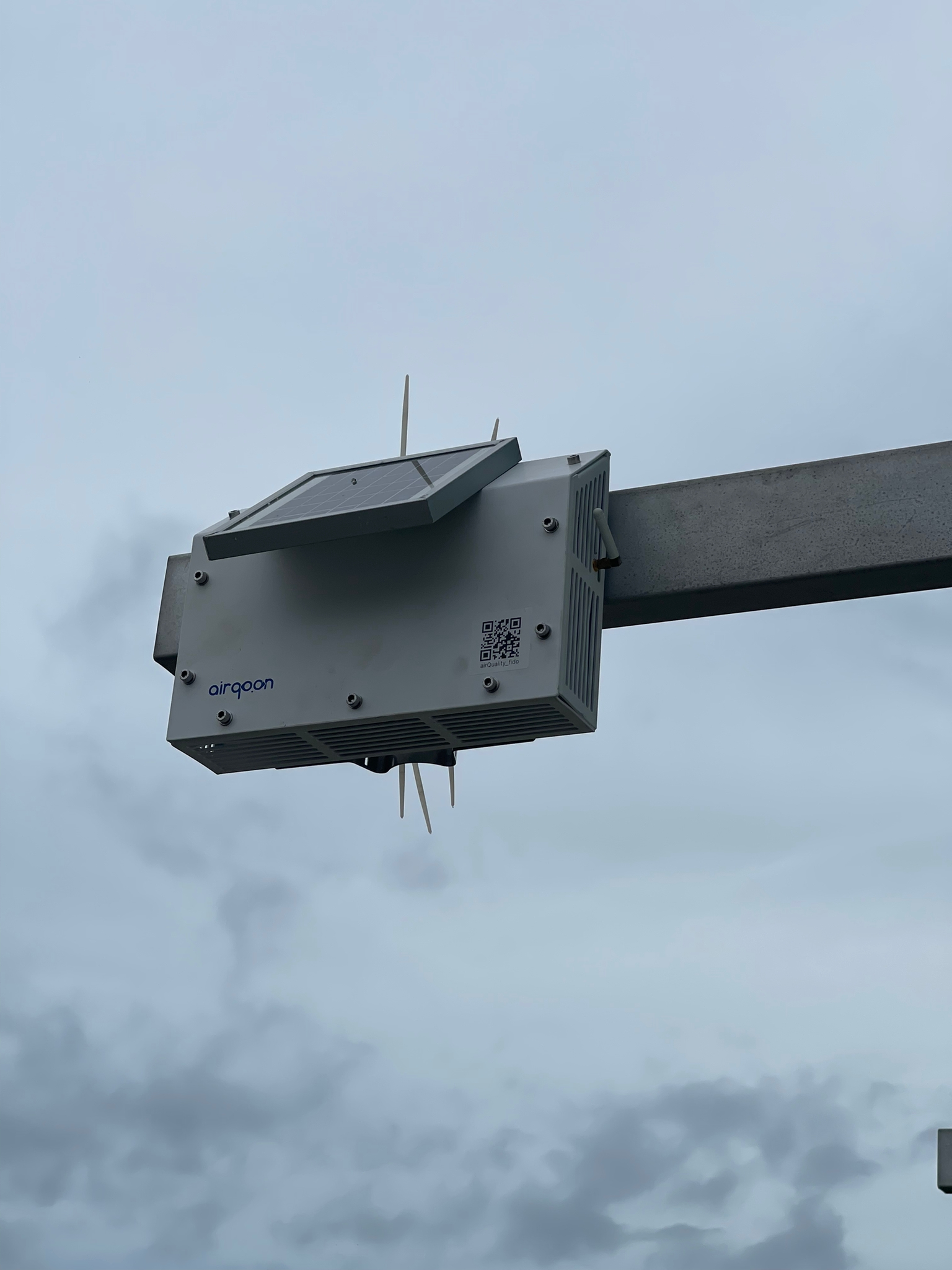Today, air pollution is considered one of the most critical environmental problems cities face. With increasing population pressure, the air quality has deteriorated in many cities. Air pollution levels in cities pose a significant threat to human health and cause premature deaths while negatively affecting environmental health. Combating climate change, protecting public health, and improving air quality can be achieved with effective quality management.

One of the problems encountered during air quality monitoring is the cost of air quality measurement tools. Air quality measuring stations certified by the EU (and similar organizations) are expensive to purchase and operate. In addition, these stations were not designed to broadcast the measurement to the cloud in real-time, and thus they need other pieces of equipment to do this job, resulting in increased operating costs (Papathanasiou, 2022). That is why cities should employ low-cost sensor solutions to ensure clean air management and combat climate change.
Air quality sensors are widely used in many countries today and are easy to install with their small footprint. Cloud-based sensors can broadcast measurements in real-time anywhere in the world. A variety of them are solar-powered and require very little energy and maintenance. Deploying a significant number of low-cost sensors can help establish emission inventories of pollutants, identify pollution hotspots, and allow real-time exposure assessment to design reduction strategies (Kumar, et al., 2015). To ensure the sustainability of the environment and nature, increasing the innovative environmental component’s maturity in local governments’ governance activities should ensure the establishment of these systems.

The air we breathe invisibly affects our quality of life. Air pollution primarily affects the health of children and the elderly negatively. Local governments need to control air pollution in cities by monitoring air quality. It is necessary to integrate citizens into this process by sharing the results of monitoring data with the public. It is essential to interpret the air quality measurement results with proper visualization tools so that everyone can understand and share these results.

Poor quality fuels cause air pollution in household heating or the burning of materials such as plastics and fertilizers. Moreover, excessive use of vehicles affects air pollution in big cities. Due to the extreme increase in gasoline prices, people turn to diesel or LPG. However, diesel creates more air pollution than gasoline. Therefore, the crucial step towards cleaner air is reducing consumption and developing and expanding public transport. In addition, controls and inspection should be increased in industrial areas which reside inside the city borders.
For a livable and sustainable urban environment, local authorities must control air pollution in cities. There is a direct link between air pollution and climate change. Mitigation actions that improve air quality will have significant public health benefits. Municipalities should resort to smart environmental solutions to simultaneously address climate change, air pollution, and public health issues. Effective air quality management is crucial to ensuring the right to well-being and a non-hazardous environment.
References
C40. (2021). Clean Air, Healthy Planet.
Kumar, P., Morawska, L., Martani, C., Biskos, G., Neophytou, M., Sabatino, S. D., . . . Britter, R. (2015). The rise of low-cost sensing for managing air pollution in cities. Environment international, 75, s. 199–205.
Papathanasiou, S. (2022). High-End Professional vs. Low-Cost Professional Ambient Air Quality Monitors.
T.R. Ministry of Environment, Urbanization and Climate Change. (2020). Smart Environment.
(2020). Turkey Environmental Issues and Priorities Evaluation Report (with 2019 Data).
World Health Organization. (2021). WHO Global Air Quality Guides Press Release.
URL 1: https://www.eea.europa.eu/tr/themes/air/intro Air Pollution. 21 March 2022.
URL 2: https://www.bbc.com/news/world-asia-india-58419717 Delhi Air Pollution: Study Links Poor Air Quality with Obesity and Asthma Among Children. 21 March 2022.









